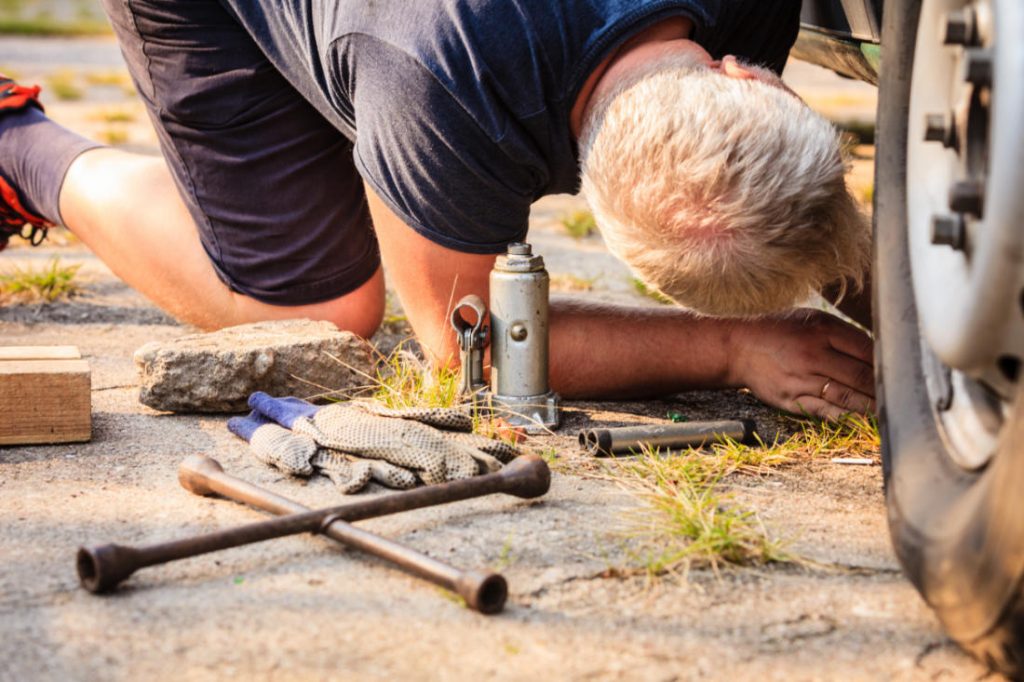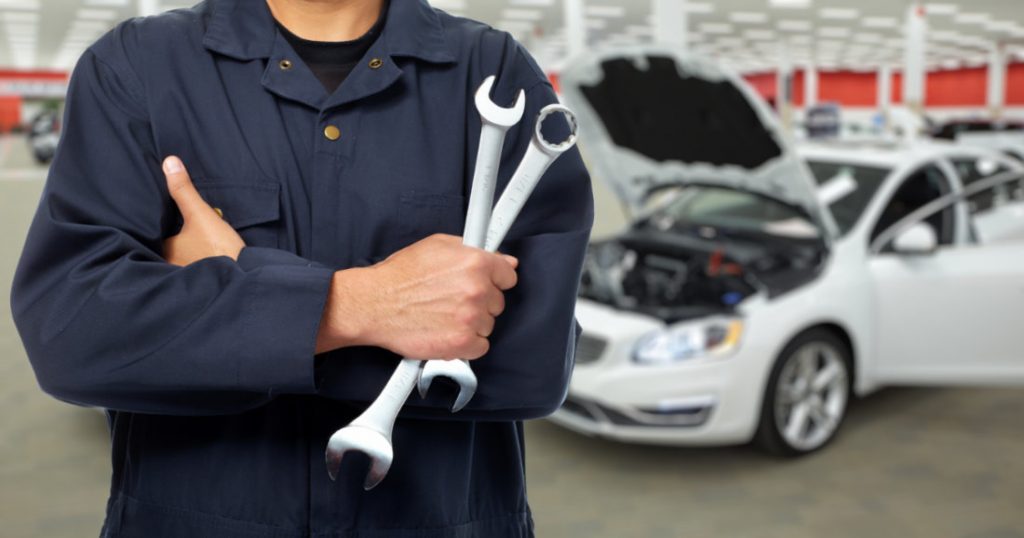You can turbocharge your engine, but that won’t stop you from crashing or stalling if you haven’t kept up with all the regular service. Websites need ongoing maintenance, too. Here are two ways to keep your site up and running smoothly.
Say you have a car and it’s been running well all summer, and all fall. And now it’s February, it’s been a warm, dry winter, and you still have your all-season tires on. And it’s been fine.
Then you’re out visiting a friend one evening, and it starts snowing. Blizzarding, actually, even though the forecast called for just clouds. But you decide (even though your friend invites you to say the night) that you really want to get home to your own bed.
So you start driving home. You’re taking it slow, playing it safe, and using all the right winter driving techniques … but your tires are more worn than you realized, you’re sliding around on every turn and every stop, your heart is practically beating out of your chest, and you’re wishing you’d just put on your dang studded winter tires back in November.

True story. Happened to me. (Sort of.)
Well … that’s kind of how it goes with websites, too.
Websites need to be updated periodically, especially when it comes to software updates.
Chances are, if your site runs on WordPress, it uses plugins. And outdated plugins can cause all kinds of problems.
Last month we went turbo. We upgraded our servers so we could continue providing ultra-fast, high-powered hosting to our growing client base. The transition went pretty smoothly, but we ran into a little roadblock.
Several websites with outdated plugins failed to load. You may not have noticed if your site was down because we kept a vigilant eye out for problems during the upgrade, and worked hard to plow our way through and get all those sites up and running again.
But here’s the thing.
If you aren’t keeping your software current, your site will probably crash or stall again further down the road.
We aren’t planning to boost our server powers again anytime soon, but our server-side software will undergo regular updates, which will likely run into conflicts with outdated plugins.
Crashes from outdated plugins are totally preventable. So what can you do?
Here are two ways to make sure your website gets the most mileage:
1. DIY it.

Some people choose to change their own oil and rotate their own tires, and that’s great—power to the people! You can learn to do your own web maintenance, too. If you go this route, you’ll also have to backup your site in case the updates go wrong. These handy links will guide you through the process of keeping your files safe and your software updated:
How to Perform a Site Backup
How to Update WordPress
How to Manage Your Plugins
2. Take it to the pros.

Some people just don’t have the time to do their own web software management, or just don’t want to. That’s totally fine, too. We can take care of backups and updates for you, so you can focus your energy elsewhere.
Our Security Management services make backups and software upkeep easy. Learn more about our security management services here.
Whichever route you take, you can be confident in your website’s maintenance and, ultimately, its safety and performance.
